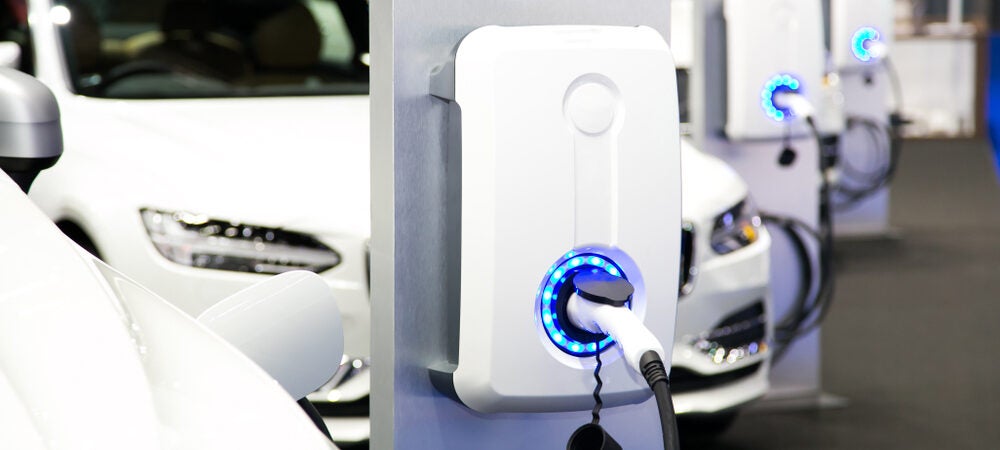The scale of opportunity for North America, and perhaps more so for the U.S. is enormous—further magnifying the need to tackle supply chain issues.
As America steadily builds momentum to become an electric vehicle (EV) powerhouse in the next decade, outdated and rigorous supply chain constraints will see the country falling further behind China and the European Union by 2025, according to a report by the Coalition for a Prosperous America (CPA).
Countless supply chain issues are further dampening legacy car makers and the Biden Administration’s efforts to make 50% of all cars on American roads fully electric by 2030.
Last year marked a 65% jump or two-thirds increase in new EV passenger vehicles sold compared to 2021. Overall, electric cars accounted for 5.8% of all new cars sold across the country in 2022, a steady build-up from 3.1% the year before.
Considering how much the EV market has expanded, determining where it could lead in the coming years is a question of how industry leaders can resolve internal and widespread issues with native innovation and technology.
OVERCOMING THE LACK OF ACCESS TO ADEQUATE MATERIALS
At present, four key materials make up the majority of materials needed to compile lithium-ion batteries — lithium, nickel, cobalt, and copper. Overall these four ingredients make up roughly 50% of a battery’s cost.
These raw materials or raw earth make up several crucial components of electric car operations, including cathode chemistries across several levels, windings, and rotors in motors.
For successful rollout, essential materials would need to be more widely available, in higher volumes and at lower prices if automakers want to meet the industry’s and the government’s ambitious EV targets.
Matthew Hart, the spokesperson for the automotive advice site, Axlewise, comments how America’s newfound love and interest for electric vehicles have only further highlighted how far behind we have fallen in the EV race.
“However, as electric cars continue to become more affordable and accessible, new players are entering the market daily. This is creating both challenges and opportunities for existing manufacturers and consumers alike. Overall, it is clear that electric car prices will continue to rise over the next decade as demand continues to increase,” says Matthew.
To overcome the lack of access to materials, legacy automakers are considering venture deals with foreign manufacturers to help answer their need for supply and demand.
America’s biggest car producer, Ford, announced that it will enter a deal with China’s leading battery maker, CATL, for a $3.5 billion plant it wants to build in Michigan.
This would increase Ford’s footprint on the local EV market, but it allows them to leverage advanced battery makers through partnership, allowing them more adequate access to the components they need to electrify their vehicle lineups.
Instead of looking elsewhere for solutions, EV makers could further their partnership with one another, sharing available resources coming from domestic producers, increasing spending and support with countries that already have a Fair Trade Agreement with the U.S., and help build a more sustainable supply chain within the American EV industry.
Finding adequate materials, within the U.S. and the wider North American ecosystem could open up new possibilities for automakers. This might come with increased competition, as other local automakers begin to electrify their production lines, but it’s a solution that could be more sustainable in the long term for existing players in the supply chain.
THE BOTTOM LINE
It’s hard to conclude whether America’s longstanding love for legislation and politics could be its demise in the race to electrification. Changing supply chains requires adequate investment, but existing models of business and trade that could ensure long-term relationships, without disruption. American EV manufacturers will need to learn how to become more dependent on local sources from start to finish.
Walid Al-Hajj is the CEO of technium.ca and is passionate about starting and scaling businesses in Fintech, PropTech, Blockchain, and AI.
CPA – U.S. Challenges in EV Battery Production
To read the full article, click here.
To read the full policy paper by Coalition for a Prosperous America, click here.

